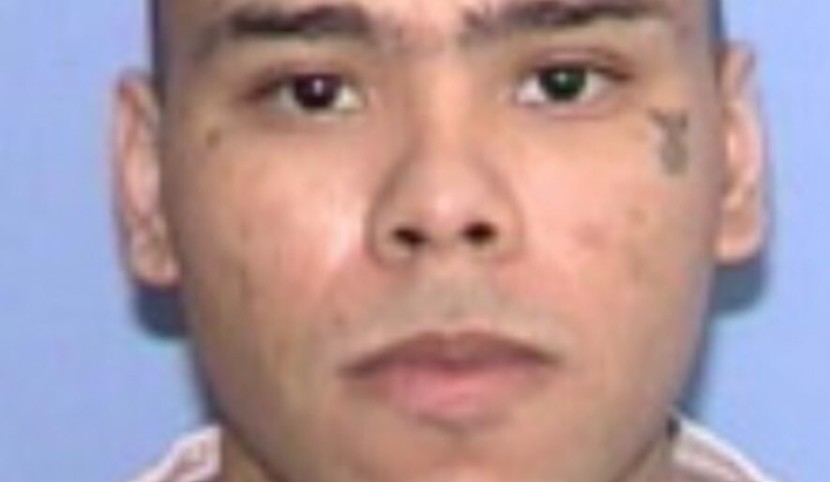
With eight days left to live, death row inmate Ramiro Gonzales has one dying wish: to donate a kidney.
"He has a great deal of good that he can still do," Cantor Michael Zoosman, a Jewish clergyman who became friends with Gonzalez after corresponding with him for three years, told HNGN in an interview Tuesday.
In 2006, Gonzales, now 41, was sentenced to death for the 2001 sexual assault and murder of 18-year-old Bridget Townsend in Medina County, Texas. His execution date has been hanging over his head for nearly 20 years, giving him plenty of time to ruminate about his deadly actions. He eventually found comfort in worship and began to minister other inmates.
So when a fellow man of faith wrote a letter to Gonzales, he welcomed the friendly correspondence.
As with every person that is sentenced to death in the U.S., Zoosman, the founder of L'chaim! Jews Against the Death Penalty, reached out in an effort to offer his support while Gonzales was "undergoing the psychological torture of counting down his days to death once he was given his execution warrant," and their friendship blossomed.
Gonzales spent years within the confines of the prison walls, contemplating the life he took and searching for ways to right his wrongs –– often turning to Zoosman for guidance.
"Ramiro has been very clear from day one that he recognizes that nothing he can do can change the life of Bridget Townsend that he took. Nothing can make up for that," he said. "Nothing can atone for that. But he does want to do everything he can to try to give life, especially knowing that he took life, and knowing that it wouldn't make up for it."
Zoosman casually mentioned in a letter to Gonzales that a member of his congregation was in desperate need of a kidney, and the inmate eagerly jumped at the chance to help as part of his journey to repent.
Ultimately, Gonzalez's rare blood type meant he was medically unqualified to donate to the cantor's colleague, but he still felt a strong desire to be an altruistic donor and give up his kidney to someone ––anyone–– in need.
His legal team has been fighting to halt his execution –– if not, overturn his death sentence –– to honor his final request. They filed a clemency packet earlier this month, and are awaiting a response from the governor.
"This is not something that he's seeking to do to get forgiveness for what he's done. But something that comes from a profound place, to try to give life as much as he can," explained Zoosman.
After determining Gonzalez wasn't a match for the initial recipient, the Texas Department of Corrections declined the inmate's altruistic offer, arguing it would create an"'uncertain timeline, thereby possibly interfering with the court-ordered execution date'" of June 26, his lawyers said, CNN reported.
"The great irony there is, of course, Texas being a pro-life state, and they are preventing this means of giving life from taking place," argued Zoosman.
Even if the state denies Gonzalez's legal team's request to commute his death sentence to life in prison, Zoosman said that wouldn't have any bearing on his decision and desire to donate a kidney as one of his final acts.
"He never intended his donation to enable him to escape the executioner's sword," he said.
But having grown close over the years, Zoosman, is begging Gov. Greg Abbott to spare his friend's precious life.
"There must be at least one case where clemency is seriously considered and given," he explained. "Of all the people that I've known, I can think of none other that would merit clemency for being a changed person and for being able to change others on death row than Ramiro Gonzalez. I can think of none other that I've known –– and I've known many –– for whom it would be worthy."
© 2026 HNGN, All rights reserved. Do not reproduce without permission.









